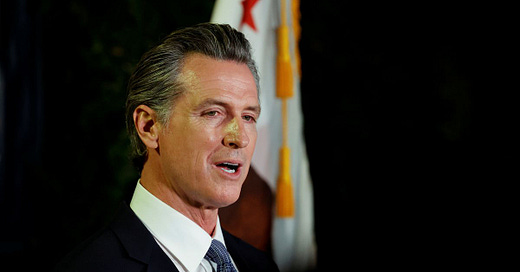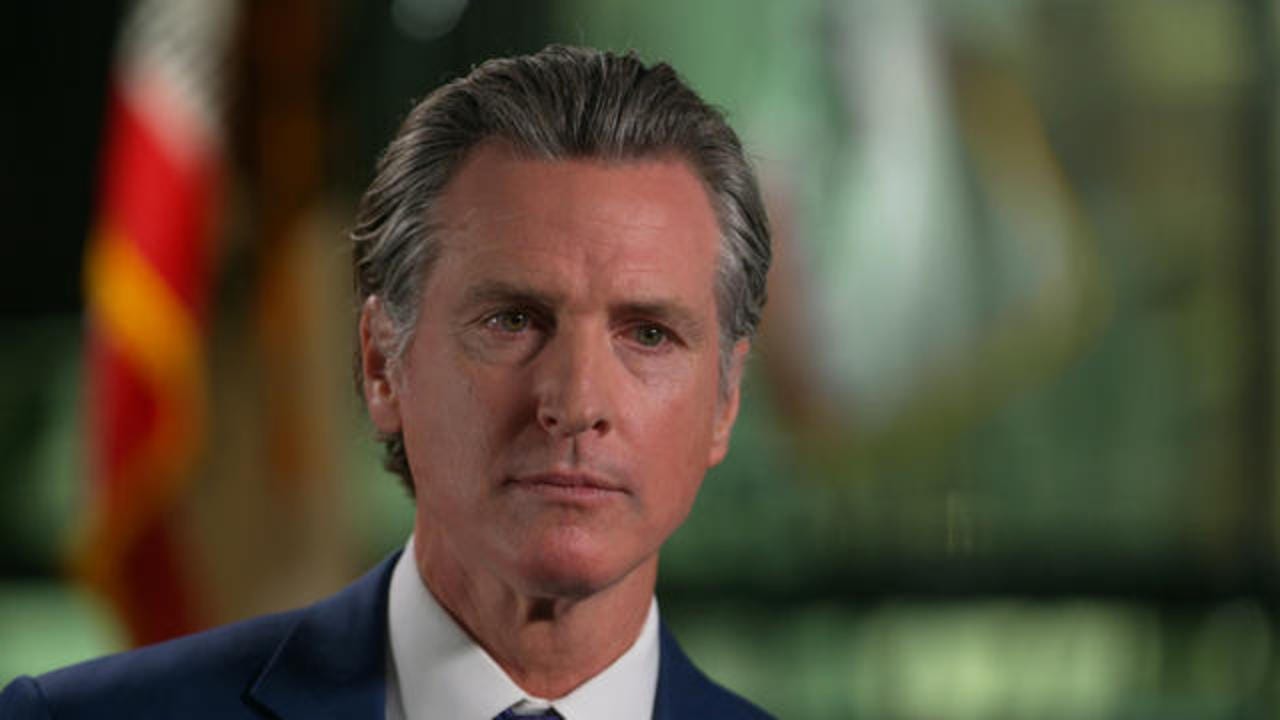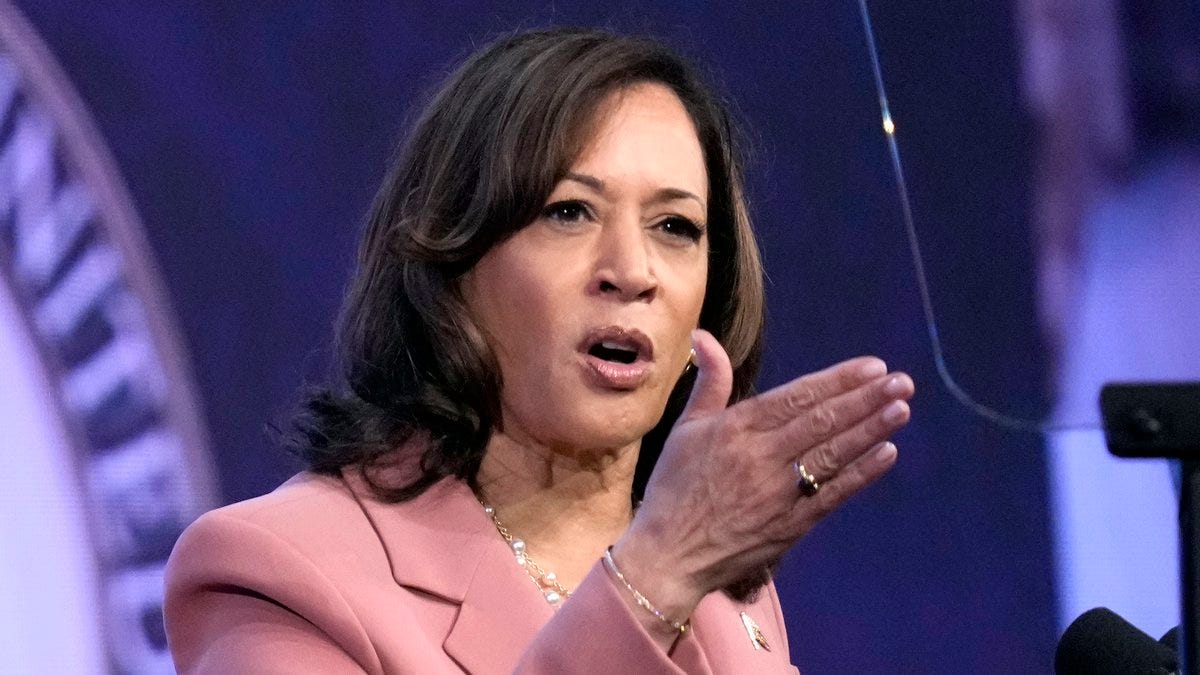San Francisco has become the breeding ground of mainstream Democratic politicians. But corporate liberalism has been bad for the people of the city. Very bad.
Last November, I chatted with San Francisco investment billionaire and power broker Ron Conway in front of a tech forum. Well, it was billed as a polite conversation. It soon turned into a heated debate.
Many of the tech entrepreneurs in the audience had benefited from Conway’s investments or hoped to be his beneficiaries—and copies of Season of the Witch, my history of San Francisco’s rollicking past, were piled high onstage. Conway and I each had our followers that night. But it soon became clear that our political views of San Francisco are sharply opposed.
For the last dozen years, Conway and his super-wealthy friends have imposed two mayors on San Francisco, Ed Lee and London Breed, the current occupant of city hall’s Room 200. That evening Conway—a hefty, pink-cheeked man with a shock of white hair that probably once looked Kennedyesque—crowed about the tech industry’s political clout. They knocked off Chesa Boudin—San Francisco’s progressive district attorney, in a recall election in May 2022—Conway declared to lusty cheers. And next will be Supervisor Dean Preston, who has passed legislation taxing the rich and protecting tenants and has advocated for police reforms. (Preston, who is running for reelection next year, has also been targeted by Elon Musk, who recently pledged $100,000 to defeat him.)
Conway says he is a true-blue Democrat—nearly everyone is in San Francisco. Senator Dianne Feinstein is. Former House Speaker Nancy Pelosi is. Kamala Harris, once the city’s DA and now our vice president, is. And Gavin Newsom, our former mayor and now California’s ambitious governor, is. That’s what San Francisco is known for—producing Democratic politicians who talk a good game, especially on social issues, but know how to take care of business.
The ascendancy of the Conway crowd and their political allies has brought San Francisco a wave of woes. The city, once a sparkling gem, has become a poster for urban dysfunction. Republican politicians and Fox News personalities routinely attack the city’s sprawling homelessness camps and filthy streets as a symbol of liberal failure. And they’re partly right. They just leave out the word “corporate” when they decry liberalism’s failure.
“This broken city is on you, Ron,” I told Conway at the tech forum. “You and the people you’ve put in power at city hall.” The billionaire was obviously piqued by my charge. But who else is responsible for San Francisco’s ravaged condition? Who besides the people who run the city, who ran it into the ground?
Consider the following grim facts:
The wealth gap has exploded in San Francisco, with AI engineers who pull in six or even seven-figure salaries stepping over people in rags strewn on the sidewalks to dine at the city’s exclusive restaurants. While the city’s nouveau riche enjoy their caviar and juniper-crusted bison at Gary Danko’s, desperate men and women howl in the streets.
San Francisco’s downtown, which relied on the tech industry to fill its gleaming skyscrapers before the Covid pandemic, is now a shuttered ghost town, with one-third of the office space empty (a record) and anchor stores like Nordstrom, Old Navy and Anthropology announcing their departure.
Tech workers have fled San Francisco for remote (and cheaper) suburbs and cities, but Mayor Breed and tech moguls cling to the chimera that AI will save the city. Marc Benioff—the CEO of Salesforce, the city’s largest private employer—just jubilantly announced on X that AI will be “another amazing gold rush” for San Francisco. But even though he was raised here, Benioff won’t announce that his Dreamforce convention—which brought some 40,000 people to the business-hungry downtown area this month— will return to San Francisco next year.
Open-air drug markets are flourishing, despite Mayor Breed’s tough law-and-order crackdown on dealers and even users. San Francisco drug overdose deaths are on track to hit their highest number this year, 845 fatalities, with a street drug called tranq—which is immune to life-saving Narcan because it’s not an opioid—now competing with fentanyl.
The local press has been frantically debating whether San Francisco is locked in a “doom loop,” a downward cycle of declining business taxes, city budget cutbacks, deteriorating municipal services and further exodus of residents and retail stores. Some boosters say the worst is behind us, the city is roaring back! But the cheerleading has an empty ring, like whistling past a graveyard.
Recently, Robert F. Kennedy Jr. made a visit to the Bay Area. He remembered when San Francisco was a bright destination, when he and his family enjoyed the many pleasures the city had to offer. He wanted to know how a once-great city descends into squalor. Bobby sought out, among other people, my neighbor, Jeff Kositsky, a longtime homeless advocate who once ran San Francisco’s homeless department. Kositsky told Kennedy the solution to the crisis is not rocket science.
“The federal government has to build more low-income housing,’’ Kositsky told me. “Two percent of the country’s population was homeless during the Depression—that figure has fallen to .2 percent today. We can solve the problem if we had a leader with balls.”
Kositsky liked Kennedy, appreciated the way he listened. Most politicians just show up for the photo opportunity, he says. Still, Kositsky has not endorsed RFK Jr.’s presidential campaign. “I’ll talk with anybody who seems committed to solving the problem—it’s my life’s work,” he says.
Kennedy’s housing proposals are bold. “As president,” he stated in a recent video, “I’m going to create a housing boom in this country—the same way we did after World War II when we made housing affordable for working people.” He wants the federal government to aggressively intervene in the housing market, to counter the growing influence of big Wall Street investment firms like BlackRock, State Street and Vanguard, which are on track to own a whopping 60 percent of the single-family homes in America by 2030. Under Kennedy’s plan, the federal government will offer homebuyers low-interest mortgages.
We all need a rich uncle to cosign our housing loans. “I’m going to make Uncle Sam your rich uncle,” he says.
Like San Francisco, the nation’s broken housing market needs courageous leadership. They say courage is contagious. Maybe the United States will finally get a visionary leader next year. Mayor Breed (and her billionaire backers) is also up for reelection next year. Maybe San Francisco, too, will finally choose a visionary leader.








Giving low interest loans won't fix the pricing issue.
House prices shot up because of low interest, which favors flipping houses.
What rfk Jr needs to do is promote higher property taxes for second and third homes, which will reduce speculation.
He should talk to https://charleshughsmith.blogspot.com/
Or Michael Hudson
Or Webster Tarpley
One problem: Uncle Sam is not rich.